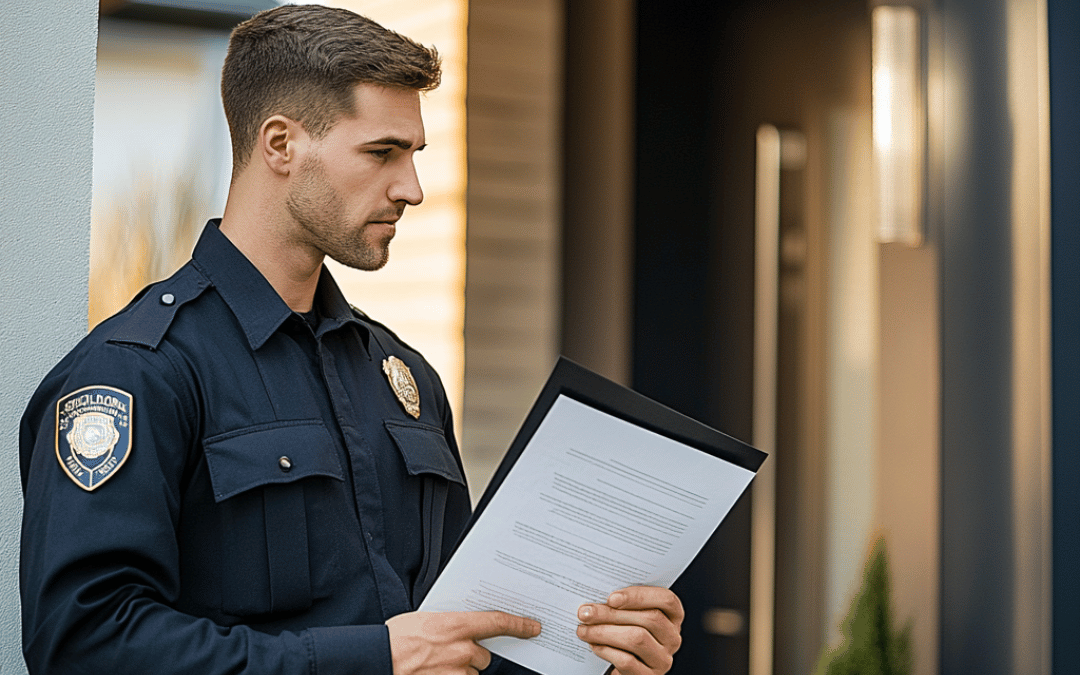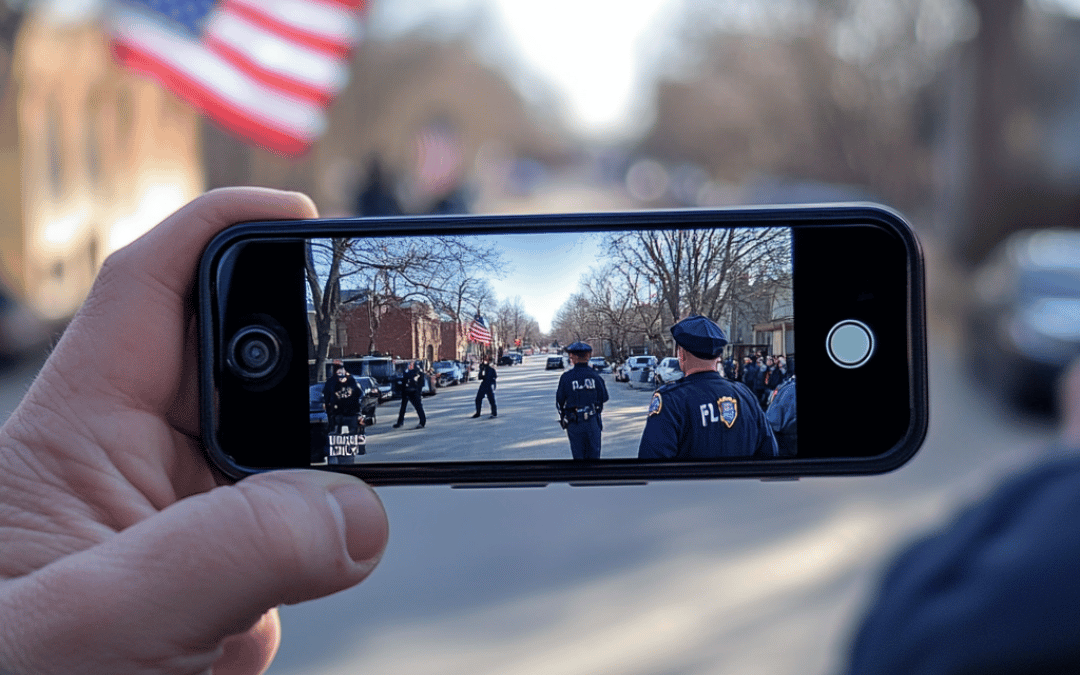TWO Warrant Rights Defined.
A search warrant vs. an arrest warrant.
Have you ever wondered what your rights are when the police show up at your door in Missouri? Whether they have a warrant or not, it’s important to know what you’re allowed to do. That can be a bit complicated to understand, but don’t worry – this guide will break it down for you.
First, let’s talk about what happens when police knock at your door without any warrant. Basically, you have the right to say no if they want to come inside. In fact, you are under no obligation to respond to them at all. This is because your home is considered private and isn’t easily subject to searches without a warrant. But remember, there are exceptions to this rule. If the police believe there’s an emergency or that delaying for a warrant would lead to harm or loss of evidence, they might be allowed to enter.
Things get a little different when the police come to your door with a search warrant. A search warrant is a legal document, signed by a judge, that allows police to enter your house and search for specific items. When they have this, you are required to let them in. They are allowed to look for items listed in the warrant, and if they happen to come across anything else illegal while searching, they are allowed to seize that as well.
They are allowed to look anywhere the items they are looking for COULD be. Sometimes that gives the police the right to damage property in conducting their search. Any such issues should be handled by an attorney after the search is concluded. It is important to remain calm and not make the situation worse, even if you think the officers are doing something they aren’t supposed to.
In some cases, the police may arrive at your door with an arrest warrant, but not a search warrant. An arrest warrant allows police to arrest a person, but it general does allow officers to enter your home to look for the person without a separate search warrant. Generally, a knock on the door by police does not oblige you to do anything, unless they announce they have a search warrant for the house.
Sometimes police might just knock on your door to have a chat, known as a “knock and talk.” This is legal, and they don’t need a warrant for it. You are under no obligation to answer them or open the door. If you open the door and they have cause to arrest you, they are generally allowed to arrest you in your doorway.
During a “knock and talk” conversation, police are also allowed to ask for your consent to search your home, but remember: you are under no obligation to say yes. Always know that you have the right to ask for a search warrant before letting them search your property. Always know that, in most circumstances, you do not have to interact with police that come to your door unless they have a search warrant.
All in all, knowing your rights can help you navigate these tough situations more effectively. Remember, you have the right to refuse entry when the police don’t have a warrant, unless there’s an emergency. It can be difficult to obtain good advice when you’re in the middle of a bad situation. It’s best to know the ground rules as best as you can before something unexpected happens. While this is a basic guide, rules can differ in specific situations or change over time. Knowing your rights is the first step to protecting them!
Remember, for the best understanding or situation specific advice idea; reach out to a legal professional in your area or dive deeper into finding the right attorney for your case.
This blog post is meant to be a guide, not legal advice.
PROTECTING YOUR RIGHTS
Trust James Law Group to be your advocates in criminal defense cases. We're here to protect your rights and your recovery.

Mastering Missouri Search Warrant Laws: Your Ultimate Guide to Police Encounters
When law enforcement officers knock on your door in Missouri, knowing your rights can make a crucial difference. This comprehensive guide will help you navigate police encounters, understand Missouri search warrant laws, and protect your Fourth Amendment...

Defender of Liberty: John James, Missouri’s Relentless Civil Rights Attorney
When your constitutional rights are on the line, you need a champion who understands the intricacies of civil rights law and fights tirelessly for justice. Meet John James, a cornerstone of the James Law Group and one of Missouri's most dedicated civil rights...

The Definitive Guide to Recording Police in Missouri: Know Your Rights
In an era of increasing transparency, understanding your rights when recording police encounters in Missouri is crucial. This comprehensive guide will equip you with the knowledge to navigate these situations safely and legally in the Show-Me State. Missouri's...

